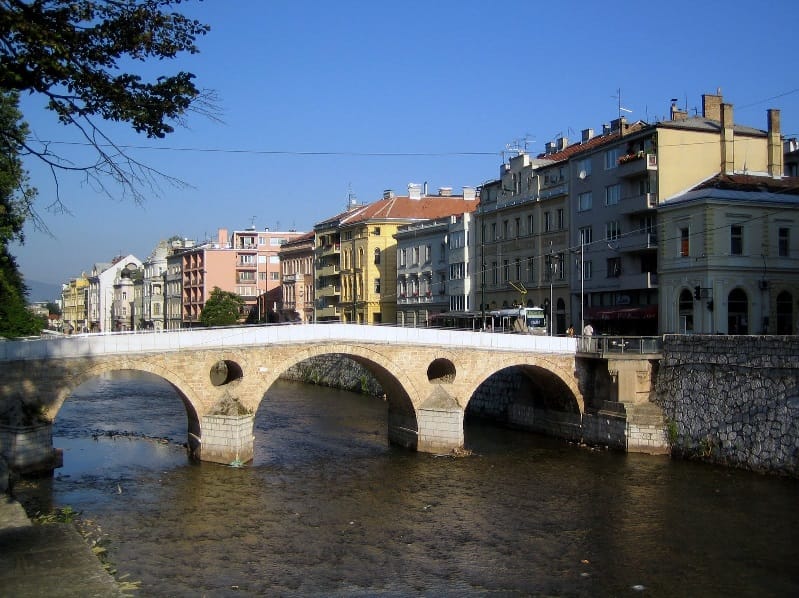At the time, it was called “the Great War,” or “the World War.” It is now called World War I. On June 28, 1914, Archduke Franz Ferdinand, heir to the throne of the Austro-Hungarian Habsburg empire, was assassinated in Sarajevo. The assassin was Gavrilo Princip, a young man obsessed with the Serbian national cause. This started a chain of events, assisted along by a number of bad decisions and miscalculations. The result was one of the deadliest and most destructive conflicts in the history of humanity.
Will we repeat the errors of the past?
Humanity is approaching the centennial of the start of World War I. A number of historians are taking the opportunity to re-examine various issues of that war. I am pleased to report that Oxford historian R. J. W. Evans (who has his own World War I book) has conducted a “reviewpalooza.” Evans wove his own understanding into a review of six different recently published World War I books. His article inspired me to look up information on certain details, and I came away with a few things to share.
Serbia was experiencing success on the battlefield. This was something that was not stressed in my education. In the First Balkan War of 1912-1913, Serbia and its allies (Greece, Bulgaria and Montenegro) defeated the Ottoman Empire. The prize of that war was almost all the European territory of the Ottoman Empire. When Bulgaria demanded a larger share of the spoils, Serbia was on the winning side in the brief Second Balkan War of 1913.
Austria-Hungary was experiencing success in statecraft. This was another thing not pointed out in my education. Austria-Hungary took advantage of turmoil in the Ottoman Empire, and unilaterally annexed Bosnia-Herzegovina in 1908. I looked for any negative consequences experienced by Austria-Hungary for this, without success.
Alliance is transitive. That is, when one country allies with another country, they also ally with the other allies of that country. I have mentioned the Entente Cordiale of 1904 between Britain and France as a good thing in this space. The Entente Cordiale became the Triple Entente in 1907 when Britain and Russia signed the Anglo-Russian Entente. In 1914, Austria-Hungary attacked Serbia. Russia came to Serbia’s aid. Germany declared war on Russia and France. I would really rather not say that the Entente Cordiale was one of the causes of Britain entering World War I, but there it is.
World War I was catastrophic for Serbia. Between late 1915 and early 1916, the Serbian army was forced to retreat to the Adriatic Sea, where they were rescued by British and French naval forces. At the time of that rescue, they were down to roughly 20% of their original strength. There was also a large number of civilian casualties. The minimum number people agree upon was 1,000,000 total casualties, or almost a quarter of Serbia’s population.
World War I was catastrophic for Austria-Hungary. The Austro-Hungarian Habsburg Empire was dissolved into a number of states which more closely matched the ethnic groups in its territory. As far as I can tell, the Habsburgs never ruled another nation.
When the shooting stops, the historical revisionism begins. All the major players (except Russia) engaged in creating accounts of the run-up to World War I. These accounts portrayed the actions of those nations as more reasonable and more justified than perhaps they really were. Has the war just moved to another battlefield?
Will we repeat the errors of the past? I pray that I will learn. I pray that we will learn.
Welcome to Mystery of Ascension! We are students and advocates of the the New Message from God. We are members of a worldwide community. We seek to assist the world in successfully navigating difficult times ahead. We seek to assist the world in successfully emerging into a greater community of intelligent life. You will also find some poetry. Find out more about us here. Contact us here.

